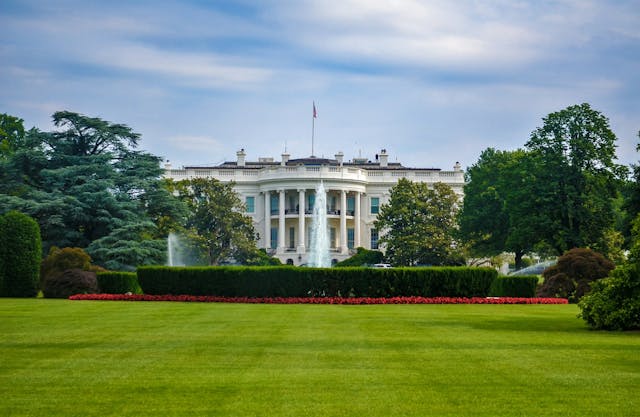California Asm. Cheryl Brown: Nonpartisan Primaries Break Partisan Gridlock

CALIFORNIA -- In an interview for IVN, Assemblywoman Cheryl Brown of California's 47th district explained that the nonpartisan, top-two open primary system "requires candidates to build broad local coalitions." Brown is among the confirmed panelists who will speak at a series of discussions on voting rights, nonpartisan primaries, and the future of elections, hosted by the Independent Voter Project and California Forward on August 19 in Sacramento.
Assemblywoman Brown was first elected to the California State Assembly on November 6, 2012, the first election to incorporate California's new primary system. She represents California’s 47th district, located in San Bernardino, which includes Colton, Fontana, Grand Terrace, Rialto, San Bernardino, and the unincorporated communities of Bloomington and Muscoy.
Brown's 2012 general election victory came as a surprise for the Inland Empire since she trailed Joe Baca, Jr. in the primary, 42.3 percent to 29 percent. However, Brown came from behind and won in the general election, 56 percent to 44 percent.The 2012 primary included two Republican candidates, Jeane Ensley and Thelma E. Beach, and two Democratic candidates, Baca and Brown. Under California's nonpartisan, top-two open primary, all candidates and voters (regardless of political affiliation) participate on a single ballot. The top two vote-getters (again, regardless of party) move on to the November ballot. This allowed both Baca and Brown to advance to the general election in a heavily Democratic district.
"[Top-Two] gave our campaign a great opportunity to build a diverse coalition of local stakeholders," Brown said.
Prompted to respond to the effects on policymakers within Sacramento, Brown remarked that the nonpartisan primary "has brought more moderate legislators to Sacramento who have offered new ideas to their respective parties."
Political scientists R. Michael Alvarez and J. Andrew Sinclair confirmed this in their book, Nonpartisan Primary Election Reform: Mitigating Mischief. Alvarez and Sinclair mention Brown as one of a growing number of moderate policymakers who have emerged under California's nonpartisan election system. According to the authors, Brown has “parted ways with most other Democrats” on gun control, marijuana, various regulatory issues, tax credits for businesses, and other issues.
Proponents of the nonpartisan, top-two open primary argue that while some say producing more moderate candidates or allowing independents a voice in primary elections was the purpose of the election reform, the truth is that it was about implementing an election model that puts voters first, not parties. Nonpartisan election reform is about giving all voters, regardless of party affiliation (or lack thereof), an equal and meaningful voice in all integral stages of the public election process.
Assemblywoman Brown believes nonpartisan primaries have had a positive effect on California politics, and while there is vocal opposition to the reform within the established parties, Brown said it is "not controversial among a majority of California voters." She believes California should address voter participation next, arguing that "making it easier to register to vote and to cast a vote are steps in the right direction."



